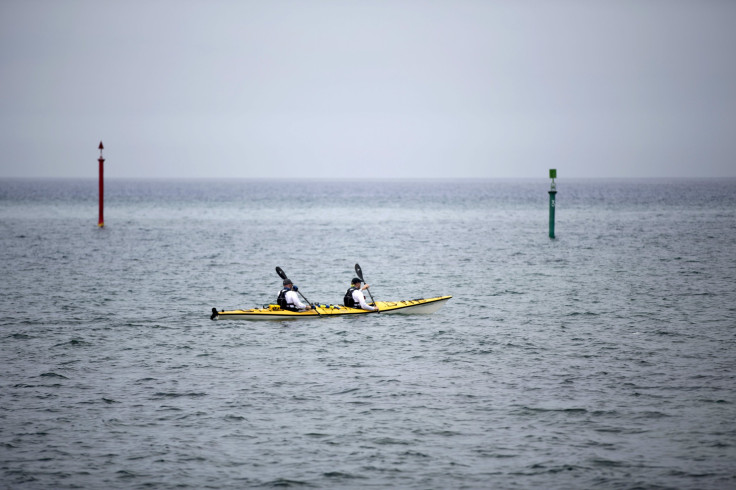Caribbean Sea's 'whistle' can be heard from space; Human ears cannot detect ‘Rossby Whistle’ though

A Caribbean Sea study by ocean scientists from the University of Liverpool has revealed something very interesting. They discovered an area in the ocean that behaves like a whistle amidst all the noise of the ocean. The whistle is so powerful that the noise can be heard from space in the form of oscillations of the Earth's gravity field. However, the noise cannot be detected by the human ear.
Chris Hughes and colleagues were studying ocean dynamics in the Caribbean Sea when they detected the noise. When they analysed the basin, they noticed something very peculiar in the pressure oscillations.
“We were looking at ocean pressure through models for quite different reasons, and this region just didn’t work. It felt like a sore thumb,” Hughes told Gizmodo.
The study, published in the journal Geophysical Research Letters, found out that the mysterious pressure oscillations happen in real life and simply don’t just show up in the models. The low noise produced was described as a whistle by the researchers. The “Rossby Whistle” occurs when large waves travelling west in the ocean, known as Rossby waves, interact with the seafloor.
As per the researchers, the waves reappear on the basin’s eastern side 120 days after they disappear at the west of the Caribbean basin. The process involves water sloshing in and out of the basin over a defined period. The region whistles due to the interaction between the wave and the seafloor.
“The porous boundary of the Caribbean Sea results in this mode exciting a mass exchange with the wider ocean, leading to a dominant mode of bottom pressure variability,” the study reports.
This mass exchange is strong enough to produce changes in the gravitational field surrounding Earth. The gravitational waves can be measured from satellites.
“An ocean current flowing through the Caribbean Sea becomes unstable and excites a resonance of a rather strange kind of ocean wave called a ‘Rossby wave.’ Because the Caribbean Sea is partly open, this causes an exchange of water with the rest of the ocean which allows us to 'hear' the resonance using gravity measurements,” Hughes said in the press release.
He added that this phenomenon may vary sea level by as much as 10 cm along the Venezuelan and Columbian coast. Thus, a better understanding of it can help predict likelihood of coastal flooding. As North Atlantic regulates the flow in the Caribbean Current, Hughes believes that the “Rossby Whistle” may impact the entire North Atlantic.





















